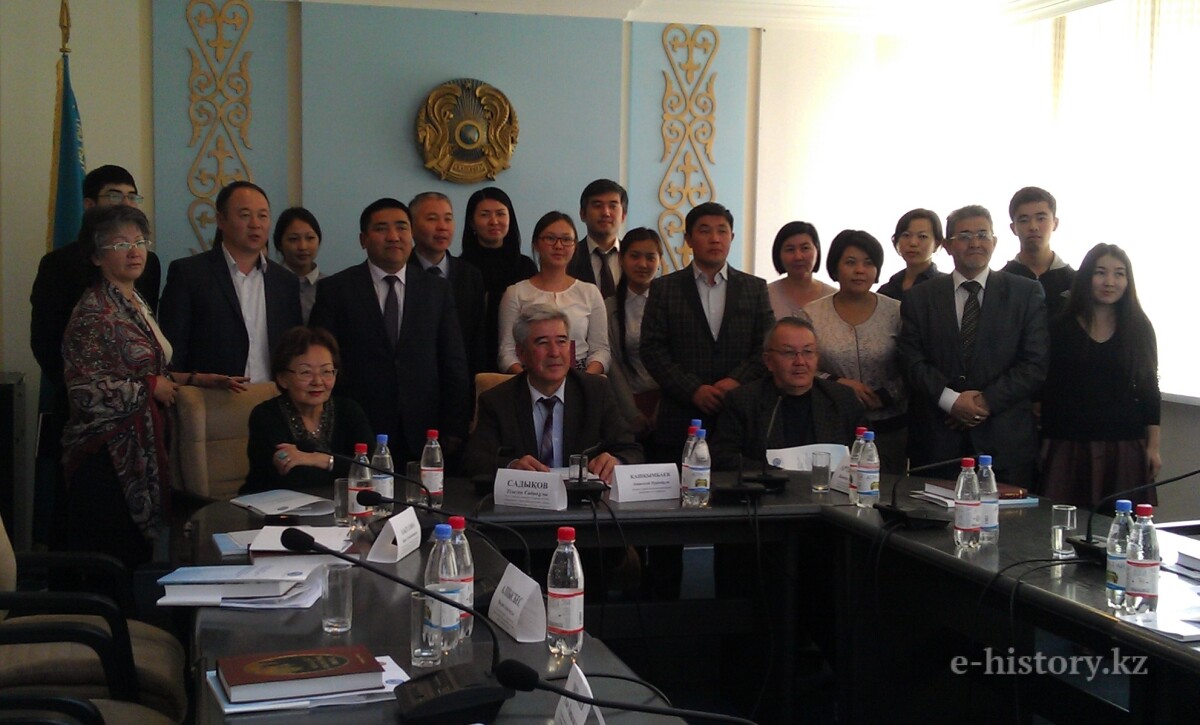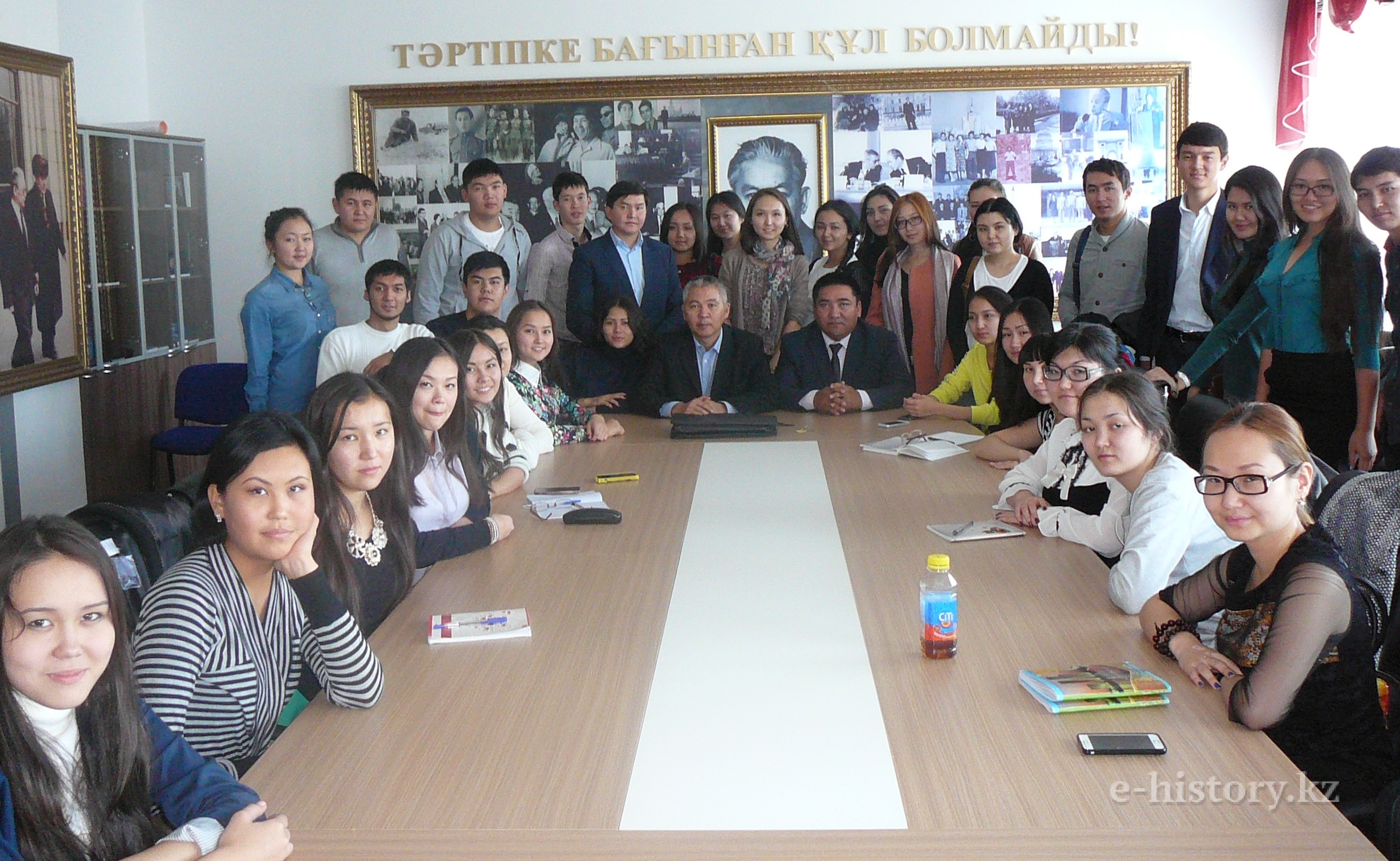
The idea to organize the forum was supported by the Astana Internal Policy Administration.
In the "Kazakhstan-2050: the new political course of the established state" Strategy a particular attention was paid to the formation of the new Kazakh patriotism, the role of intellectuals in the strengthening of national values, the need to continue work on the formation of historical consciousness of society. In the Strategy the President recognized the need for preservation of cultural identity and the genetic code of the nation (language, traditions, history, symbols), emphasizing their role in social consolidation.
The ethno-historical forum is aimed at the preservation of traditions, strengthening intercultural relations, careful attitude towards the native lands which is the crucial condition for stable development of our society. The Forum aims to promote the conservation of the historical and spiritual heritage of nations of Kazakhstan and will determine the direction of historical research.
It is worth noting that the issues of fostering of civil consciousness, patriotic education of the various segments of society associated not only with public authorities, government agencies, but also with youth, cultural associations, historical clubs, national societies. In this regard the ethno-historical forum is intended to be social and scientific platform for the exchange of experiences, ideas and projects.
According to the press service of the Astana Internal Policy Administration, as part of the ethno-historical forum plenary and section sessions were held with participation of leading historians, representatives of civil society and youth, followed by public lectures with demonstration of documentary films, workshops on the potential uses of visual sources for historical research, showing the exposure of arts and crafts art of people of Kazakhstan.
Forum adopted the recommendations and comments from the participants on the introduction of elective courses in the curricula of higher education institutions, colleges and secondary schools and the adoption of a package of measures to educate students in a spirit of respect for the history, culture, language, national rights and interests of Kazakh nation and other nations resided in Kazakhstan.

